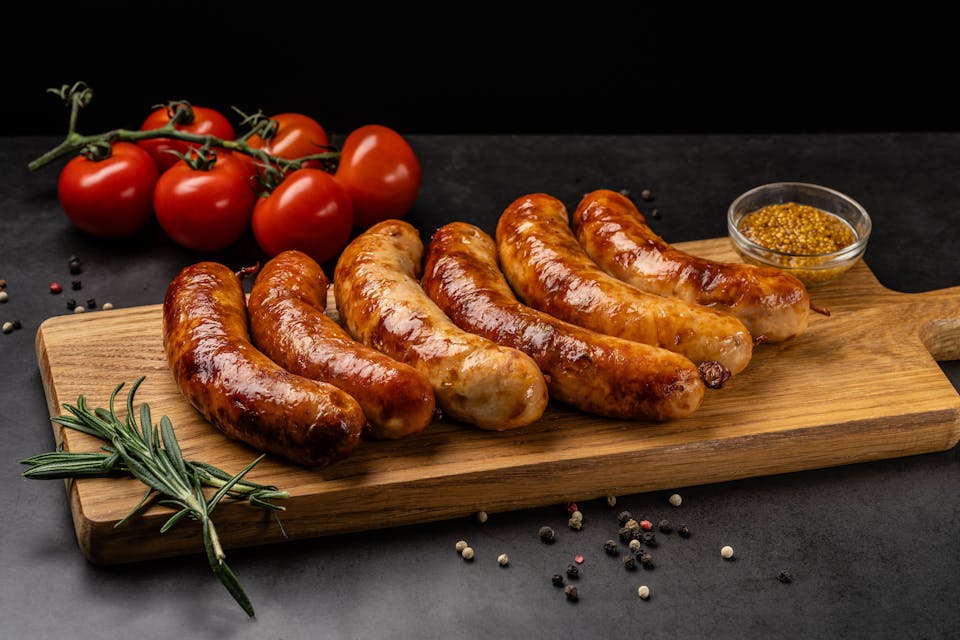
September 29, 2025
The Costs of Keeping Kosher
The history of German Jews can be traced through their relationship with the country's meat-centric cuisine.
It was one small meal for Jews, but a political leap forward for Jewish history. In 1788, Philadelphia hosted a parade celebrating Pennsylvania's ratification of the Constitution, and the procession was followed by a feast. An eyewitness reported that "there was a number of long tables loaded with all kinds of provisions, with a separate table for the Jews, who could not partake of the meals from the other tables." It is difficult to find a prior civic celebration in Jewish diaspora history that is its like. In a single setting, Jews were embraced as equals by their fellow Philadelphians, as full partners in the nascent constitutional republic, while at the same time feeling entirely able to observe the dietary habits that set them apart.
We can contrast the bonhomie manifested in this remarkable American meal with the menacing manner of a polemic promulgated at the very same time in Germany, cited by John Efron in his book All Consuming: Germans, Jews, and the Meaning of Meat. Throughout the 1780s, a prominent biblical scholar at the University of Göttingen by the name of David Michaelis inveighed against the emancipation of the Jews, insisting they could never truly become part of German society. "As long as [the Jews] observe the laws about kosher and non-kosher food," he insisted, "it will be almost impossible to integrate them into our ranks." If Jews would not eat the food of Germany, he insisted, then Germany could not welcome them:
Most genuine friendships are formed at table, but with those whom I can never eat and drink, regardless of all business dealings, will seldom become as familiar with me as those whose guest I am and with he who is my guest. We [Jews and Germans] even have a kind of learned disgust (Erziehungs-Abscheu) for the food of the other, so this is a new obstacle to [fostering] closer familiarity.